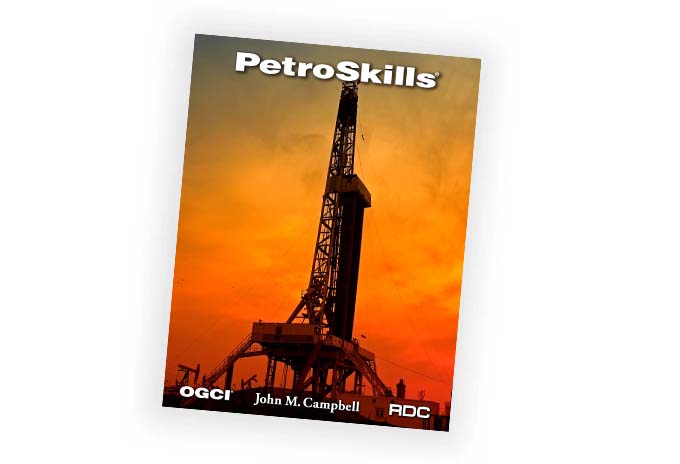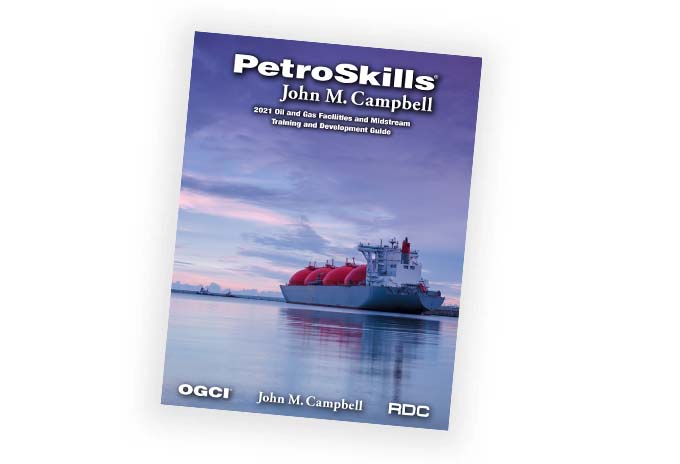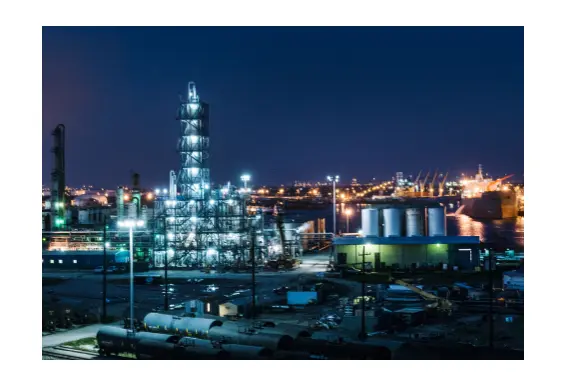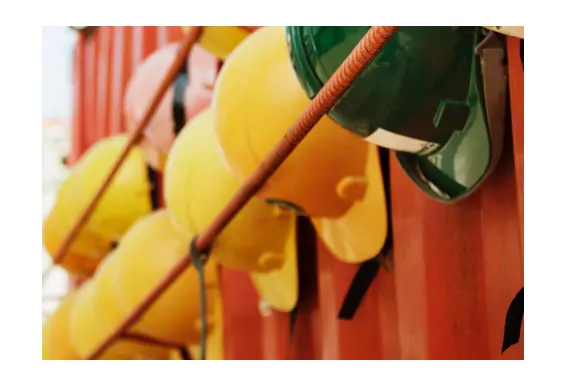Production Chemistry - OGPC
About the Course
This course covers the selection and use of chemicals in oil and gas production. As oilfields mature more water is produced which requires the use of more chemicals to maintain production. Chemicals used for controlling corrosion, emulsions, foaming, mineral scales, paraffins (waxes), asphaltenes, gas hydrates, hydrogen sulfide scavengers, and water clarifiers are covered.
The course includes methods to determine the need for chemical treating, how to select the proper chemicals, and how testing for chemical compatibility with the formation and other chemicals is performed. Requirements for environmentally friendly products and products for deep water production are discussed. The course will include cover the ways the use of chemicals can prevent problems, improve production and economics, and extend the life of the production equipment.
Due to its modular construction, this course can be offered on an in-house basis with expansion of some of the major sections and deletion of others to suit the needs of individual client groups. Should you desire this approach, please contact us.
"The amount of time we spent on each subject was good. Discussions are very practical." - Production Engineer, United States
"Liked corrosion part (control, origin of corrosion). The best teacher to date." - Participant, Croatia
Target Audience
Production engineers, facilities engineers, chemists, and technicians involved with production systems from the wellbore through the topside production equipment, transmission pipelines, and storage facilities who are responsible for recognizing and treating problems which might require treatment chemicals.You Will Learn
Participants will learn how to:
- Recognize corrosive conditions and monitor corrosion rates
- Select and apply corrosion inhibitors
- Predict and treat emulsions
- Understand causes and control of foaming
- Predict scale forming conditions
- Select and apply scale inhibitors
- Control gas hydrate formation
- Predict and control paraffin (wax) deposition
- Evaluate methods for asphaltene control
- Scavenge low concentrations of H2S
- Select and apply water clarifiers
- Select chemicals for use in deep water
- Select environmentally friendly chemicals
Course Content
- Corrosive agents
- Corrosion inhibitor selection and application
- Predicting and monitoring corrosion rates
- Basics of oilfield emulsions
- Demulsifier selection and field application
- Foams
- Defoamers
- Foam basics
- Field application of foams
- How defoamers work
- Compounds that cause scaling
- Prediction of scaling tendency
- Scale inhibitors
- Solvents to dissolve scales
- Requirements for gas hydrates to form
- Types of compounds used to control hydrate formation
- Causes of paraffin (wax) problems
- Paraffin treatment chemicals
- Asphaltene stability tests
- Asphaltene treatment chemicals
- Chemicals used as H2S scavengers
- Application of H2S scavengers
- Oil carryover in water
- Removal of oil and oily solids
- Tests required for chemicals used in deep water
- Green chemicals (environmentally friendly chemicals)
Product Details
Categories:
UpstreamDisciplines:
Production and Completions EngineeringLevels:
IntermediateProduct Type:
CourseFormats Available:
In-Classroom VirtualInstructors:
Carlos PalaciosAdditional
Request a Public Session
If you are interested in a public session of this course, please click the button below to request it.
Request Public SessionIn-House Training
This course is also available upon request as a private, on-site seminar. Contact us for details and pricing.
Request In-House TrainingNeed Help
Contact us if you have additional questions about how to register for or attend this course.
Contact Us



